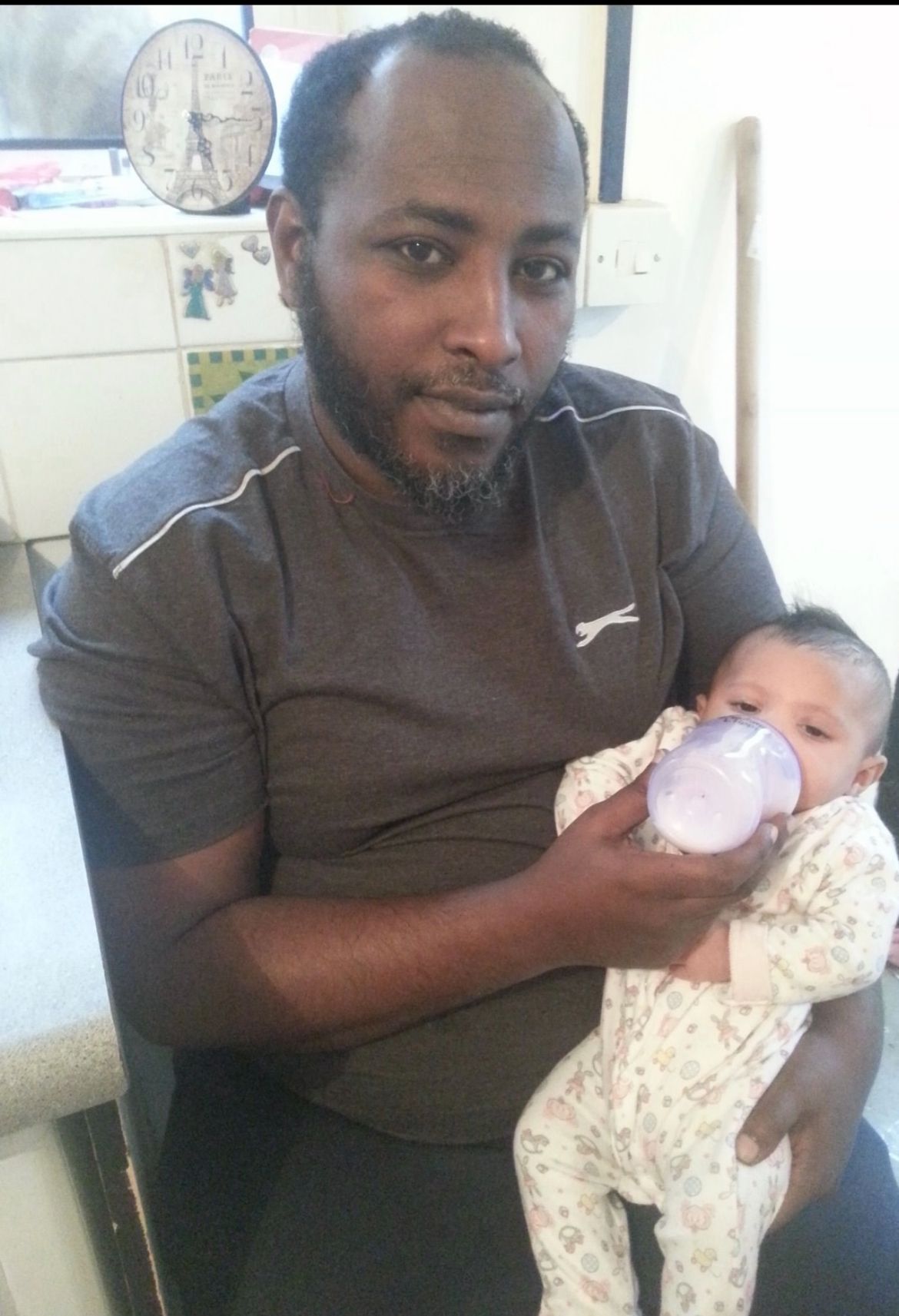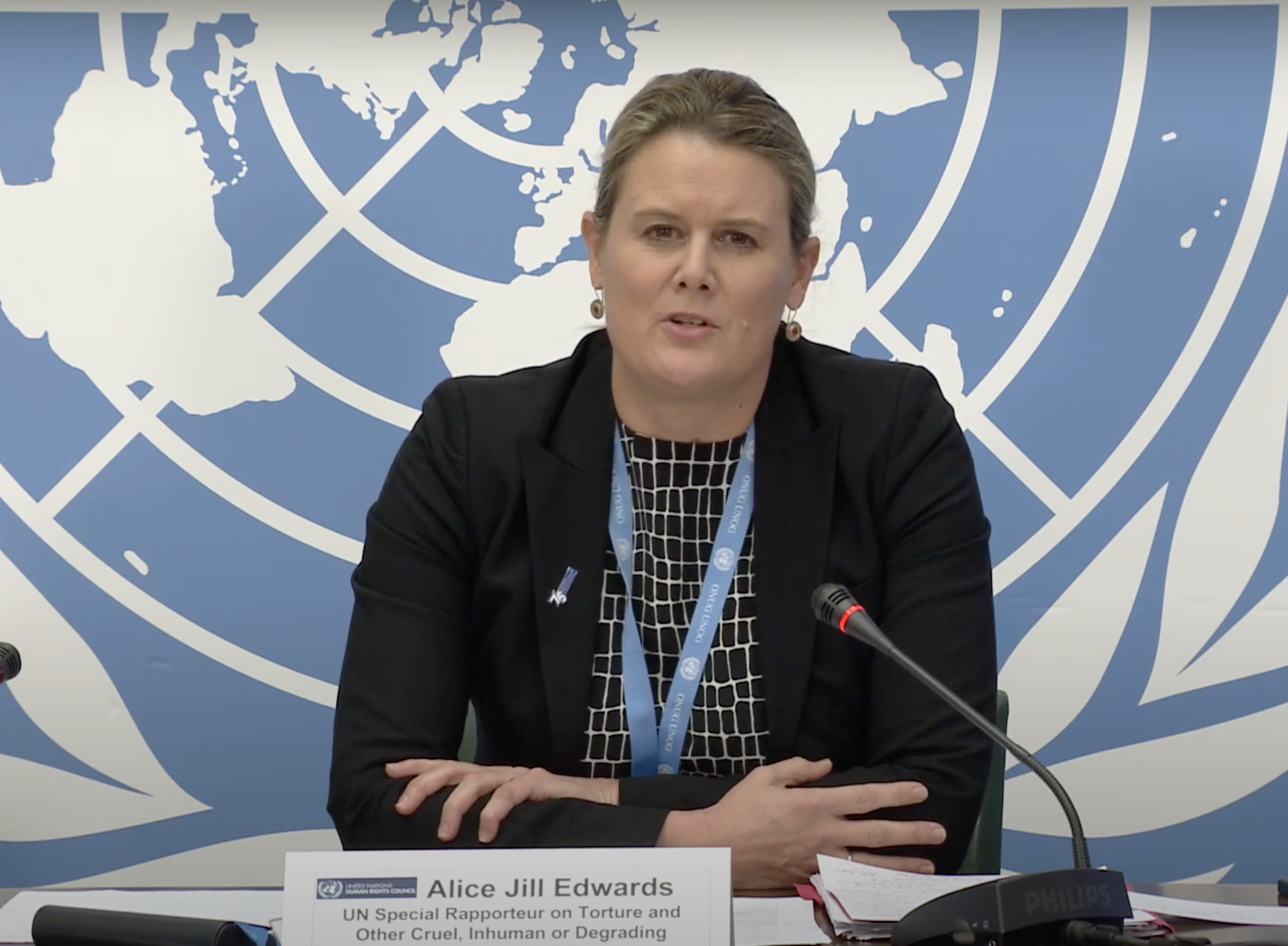NYT: New US nuclear strategy focuses on Chinese threat
(DNC) in Chicago, Illinois, U.S. August 20, 2024. REUTERS/Craig Hudson© Thomson Reuters
WASHINGTON (Reuters) -U.S. President Joe Biden approved in March a highly classified nuclear strategic plan that for the first time reoriented Washington's deterrent strategy on China's expansion of its nuclear arsenal, the New York Times reported on Tuesday.
The White House never announced that Biden had approved the revised strategy, titled the "Nuclear Employment Guidance," the newspaper reported. An unclassified notification to Congress of the revision is expected to be sent before Biden leaves office, the newspaper reported.
In recent speeches, two senior administration officials were allowed to allude to the strategy revision, the newspaper reported. The strategy is updated every four years or so, the newspaper added.
“This administration, like the four administrations before it, issued a Nuclear Posture Review and Nuclear Weapons Employment Planning Guidance,” said White House spokesperson Sean Savett.
“While the specific text of the Guidance is classified, its existence is in no way secret. The Guidance issued earlier this year is not a response to any single entity, country, nor threat.”
(Reporting by Trevor Hunnicutt and Jasper Ward; editing by Rami Ayyub and David Gregorio)
Report: New US nuclear strategy focuses on Chinese threat
New York Times reports that Biden quietly approved a highly classified strategic nuclear plan for the US focusing more closely on China's rapid nuclear expansion.
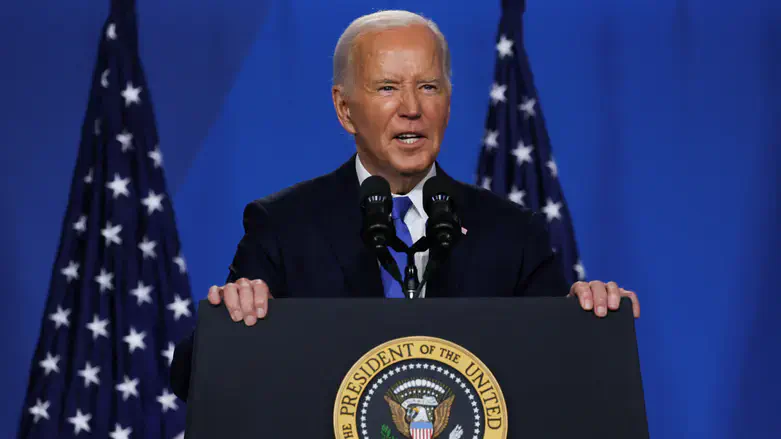
Joe BidenREUTERS/Leah Millis
US President Joe Biden in March quietly approved a highly classified strategic nuclear plan for the United States, marking a significant shift in America's deterrent strategy by focusing more closely on China's rapid nuclear expansion, The New York Times reported on Tuesday.
According to the report, this adjustment comes as the Pentagon anticipates that China’s nuclear arsenal will match or even exceed the size and diversity of those held by the United States and Russia within the next decade.
The revised strategy, known as the "Nuclear Employment Guidance," was not publicly announced by the White House. This document, which is updated roughly every four years, also prepares the US for potential coordinated nuclear challenges from China, Russia, and North Korea, according to The New York Times.
The document is so classified that it exists only in a limited number of hard copies distributed among top national security officials and Pentagon commanders, with no electronic versions available, the report noted.
However, two senior administration officials have recently hinted at this strategic shift in carefully worded statements, ahead of a more detailed, unclassified briefing to Congress which is expected before Biden leaves office.
"The president recently issued updated nuclear-weapons employment guidance to account for multiple nuclear-armed adversaries," said Vipin Narang, an MIT nuclear strategist who served in the Pentagon, in a speech earlier this month, as quoted by The New York Times. He added that the guidance specifically addresses "the significant increase in the size and diversity" of China's nuclear arsenal.
Similarly, in June, Pranay Vaddi, the National Security Council’s senior director for arms control and nonproliferation, referenced the document. He highlighted that it is the first to thoroughly assess whether the US is prepared to handle nuclear crises that could erupt simultaneously or sequentially, using both nuclear and nonnuclear means.
The new strategy, Vaddi explained, underscores “the need to deter Russia, the PRC, and North Korea simultaneously,” using the acronym for the People's Republic of China.
So far, noted The Times, these new challenges to American nuclear strategy have not been a focal point in the presidential campaign. President Biden, who has spent much of his career advocating for nuclear nonproliferation, has not publicly discussed in detail how he is addressing the growing nuclear threats from China and North Korea. Nor has Vice President Kamala Harris, the current Democratic nominee.
In his last news conference in July, just days before announcing he would not seek the Democratic nomination for a second term, Biden acknowledged pursuing strategies to disrupt the broader China-Russia partnership.
"Yes, I do, but I’m not prepared to talk about the detail of it in public," he said. He did not reference, nor was he asked about, how this partnership is influencing American nuclear strategy.
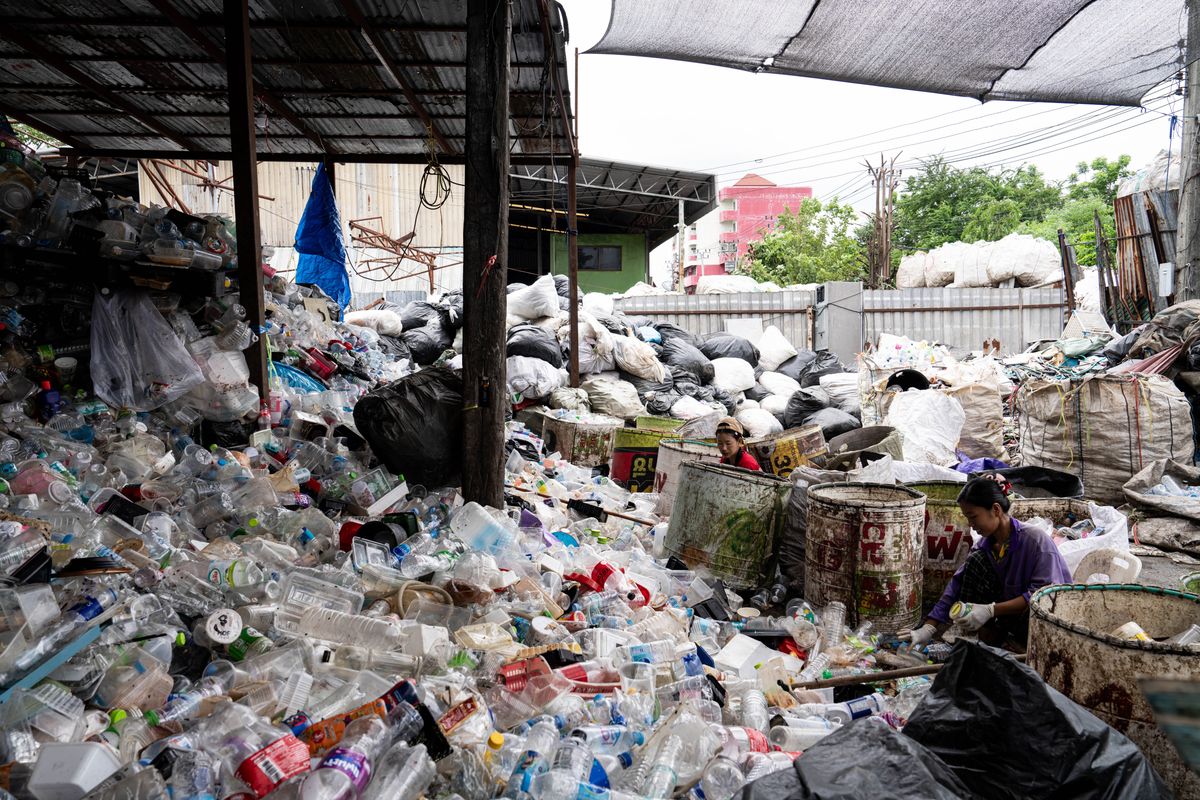


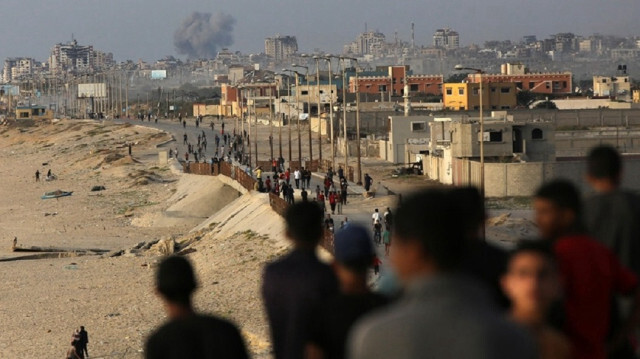
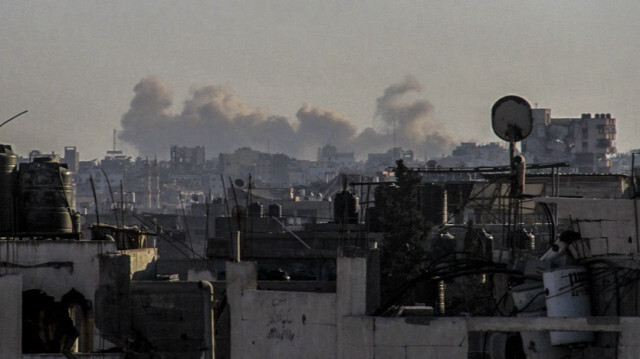
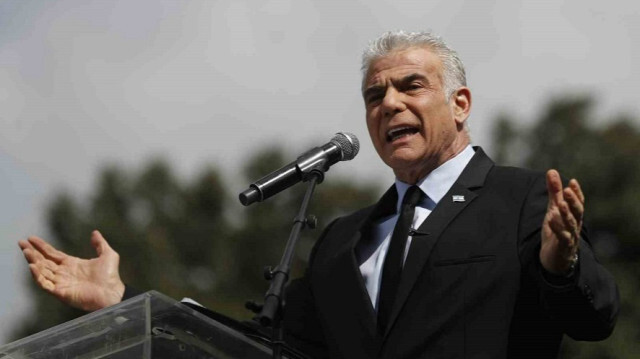
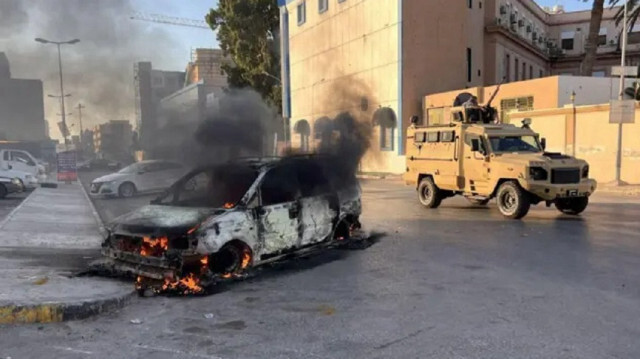
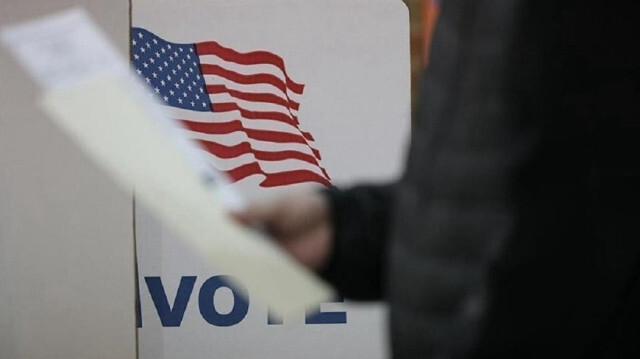


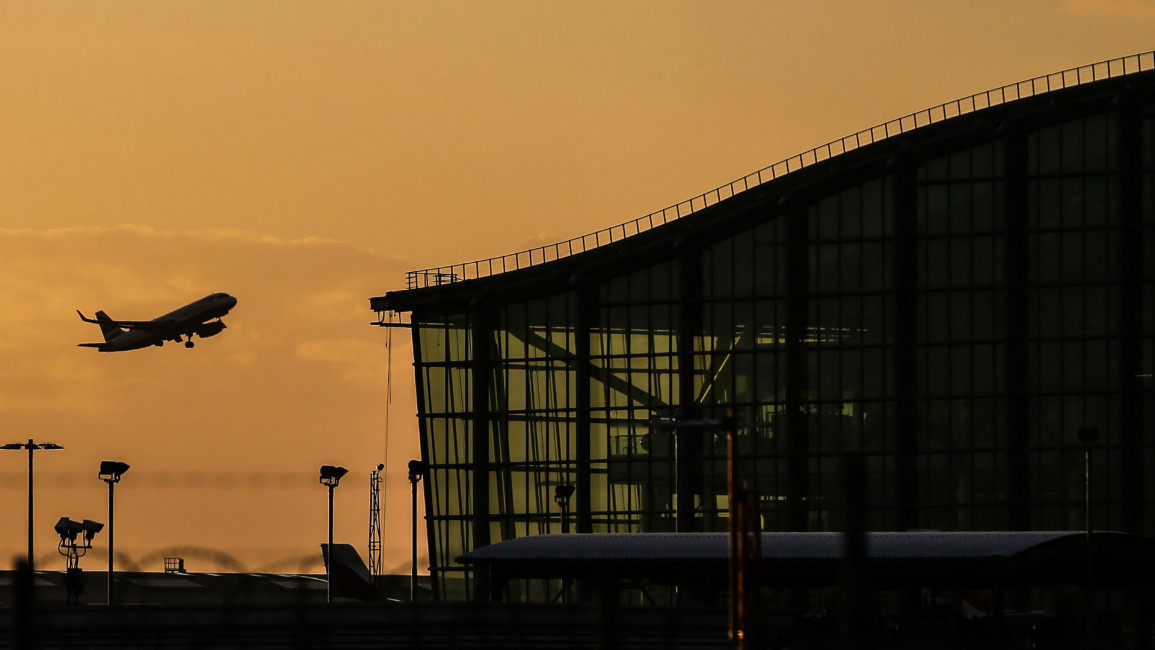
 IPP prisoner Yusuf Ali, now 50, has been driven to hunger strike as he loses hope of ever being freed (Jacqueline Ali )
IPP prisoner Yusuf Ali, now 50, has been driven to hunger strike as he loses hope of ever being freed (Jacqueline Ali )